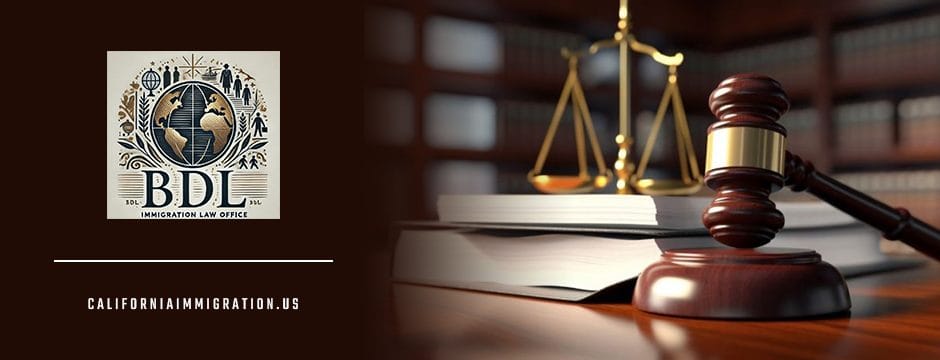ACLU files habeas corpus petition — The American Civil Liberties Union (ACLU) and its local affiliates filed class-action petitions seeking writs of habeas corpus on behalf of Venezuelan nationals detained in South Texas; as a result, a federal judge in the Southern District of Texas issued a temporary restraining order (TRO) blocking immediate removals and transfers for certain detainees while the court considers the legal challenge.

— federal judge issues temporary restraining order
By Brian D. Lerner — Plain-English explanation of the ACLU’s habeas corpus challenge on behalf of Venezuelan detainees, the TRO issued by a Southern District of Texas judge, and what detainees, counsel, and advocates should do next.
What the petition and TRO say (plain English)
First, the ACLU’s filing alleges that the government invoked the Alien Enemies Act — a rarely used wartime statute — to detain and remove Venezuelans accused by the government of gang affiliation, but did so without meaningful notice or opportunity to contest the allegations in court. Consequently, the petition asks a federal judge to order release or at least a meaningful opportunity to be heard for the petitioners. The Southern District of Texas judge responded by issuing a TRO to pause further deportations from certain Texas facilities while the case proceeds.
Next, the TRO’s practical effect was immediate in the relevant detention centers: it barred the government from deporting or transferring the named petitioners and, in an expanded form, protected other Venezuelans in the judge’s district from removal while the litigation continues. Therefore, detainees covered by the order gained temporary procedural protections, though the TRO is not a final adjudication on the merits.
Why lawyers used habeas corpus — quick explanation
Habeas corpus is a centuries-old writ that lets people challenge unlawful detention in federal court. In immigration contexts, habeas petitions commonly seek release from custody, a bond hearing, or protection against removal when statutory or constitutional rights are at stake. Because the ACLU’s filings raised systemic concerns about process and notice under the Alien Enemies Act, habeas was a natural vehicle to secure immediate judicial review and emergency relief.
Key practical consequences — what this means now
- Immediate pause for some deportations: The TRO prevented certain removals and transfers from moving forward while the court evaluates the case.
- Class-wide stakes: Because the ACLU sought class status, the outcome could affect many Venezuelan detainees held in the same jurisdictions if the court certifies broader relief.
- Possible appeals and further litigation: The government has appealed and sought stays in related matters, and other federal courts are handling parallel challenges — so expect a complex, multi-court litigation path.
Checklist — what detainees, counsel, and advocates should do now
Use this checklist to act quickly and preserve necessary records.
- Confirm whether a detainee is covered: Check the TRO language and the court’s jurisdiction — if the person is detained in the Southern District of Texas (or another district with an analogous order), they may be temporarily protected.
- Preserve records: Gather detention records, notices of removal, transfer orders, any written “notice” provided to the detainee, and communications with DHS/ICE. Keep originals and make scanned copies.
- Document identity & custody: Record A-numbers, facility name, booking numbers, intake dates, and exact times of any transfers or removal-related actions.
- Contact litigation counsel: If the detainee may be a class member or otherwise eligible for relief, contact the ACLU or local legal services organizations immediately and supply the preserved records.
- Do NOT sign unfamiliar documents: Advise detainees not to sign removal paperwork or English-language forms they do not understand without consultation; if language access is lacking, document the language barrier in writing or through counsel.
- Prepare emergency filings: Counsel should be ready to file individual habeas petitions, motions to intervene, or declarations showing irreparable harm in similar cases if needed.
How this fits into the broader picture
Moreover, these ACLU actions are part of a growing series of habeas and civil challenges in multiple districts that question the government’s procedures for detaining and removing noncitizens under special authorities. As judges in New York and Texas issued temporary blocks, media coverage and national litigation trackers documented a rapid increase in habeas filings and judicial scrutiny of these removal practices — therefore, expect continued legal and public-policy attention as the cases move through district and appellate courts.
Common questions (FAQ)
Does a TRO mean the government cannot deport anyone?
No. A TRO is limited in scope and applies to the parties and jurisdictions named in the order; other courts may issue different rulings. Nonetheless, a TRO buys time for judicial review and can protect many detainees in the affected district while litigation proceeds.
Am I automatically a class member if I’m Venezuelan and detained in Texas?
Not automatically. Class certification is a separate court decision; however, the TRO may already cover people in certain facilities or populations. Counsel should check the complaint and TRO language and consider a motion to intervene or ask the court for clarification if coverage is unclear.
What happens next in the lawsuit?
The court will consider whether to convert the TRO into a preliminary injunction, will rule on class-certification motions, and may schedule merits briefing or evidentiary hearings; government counsel may also seek emergency relief in appellate courts, so the litigation path can be fast and multi-layered.

